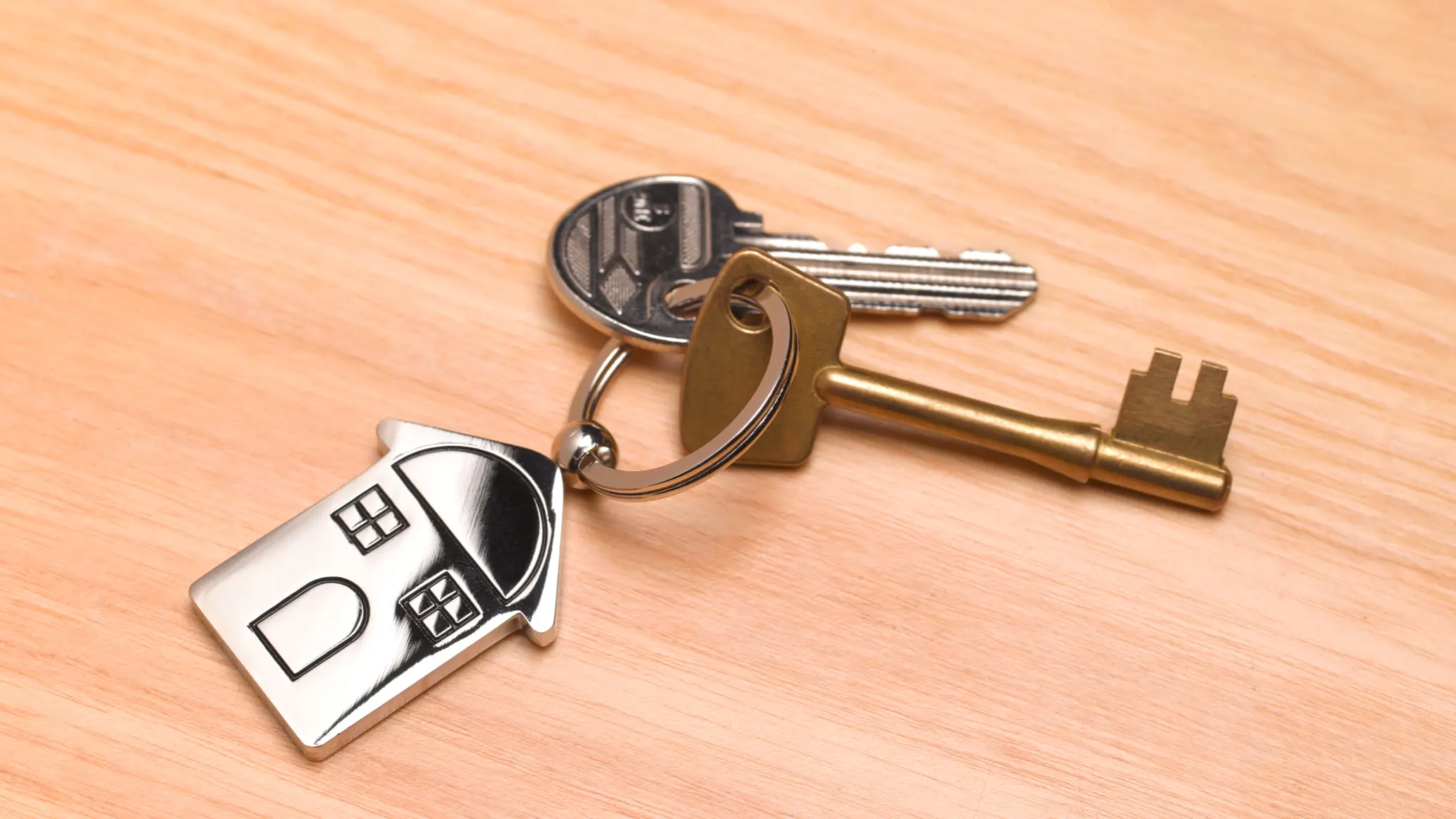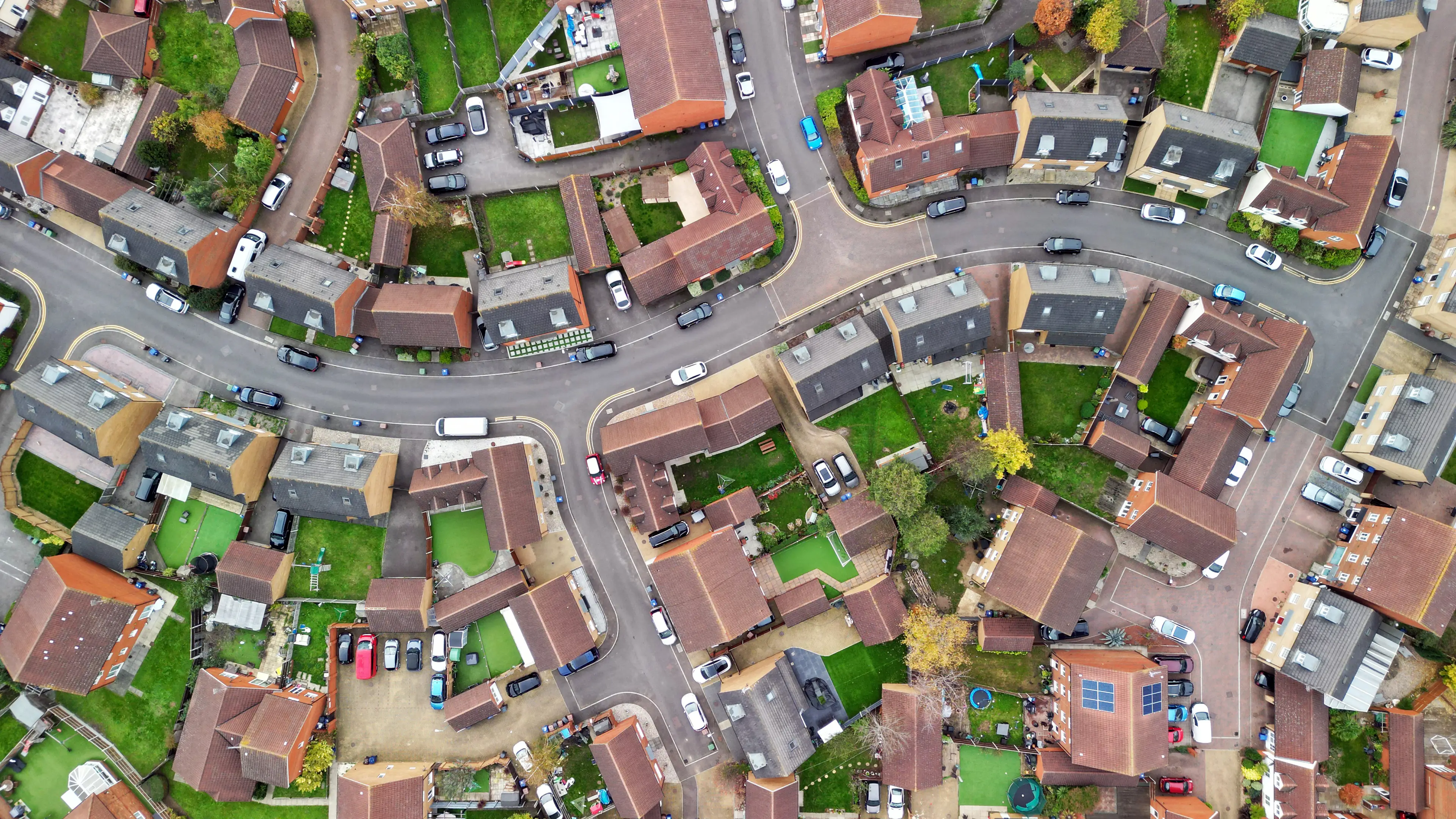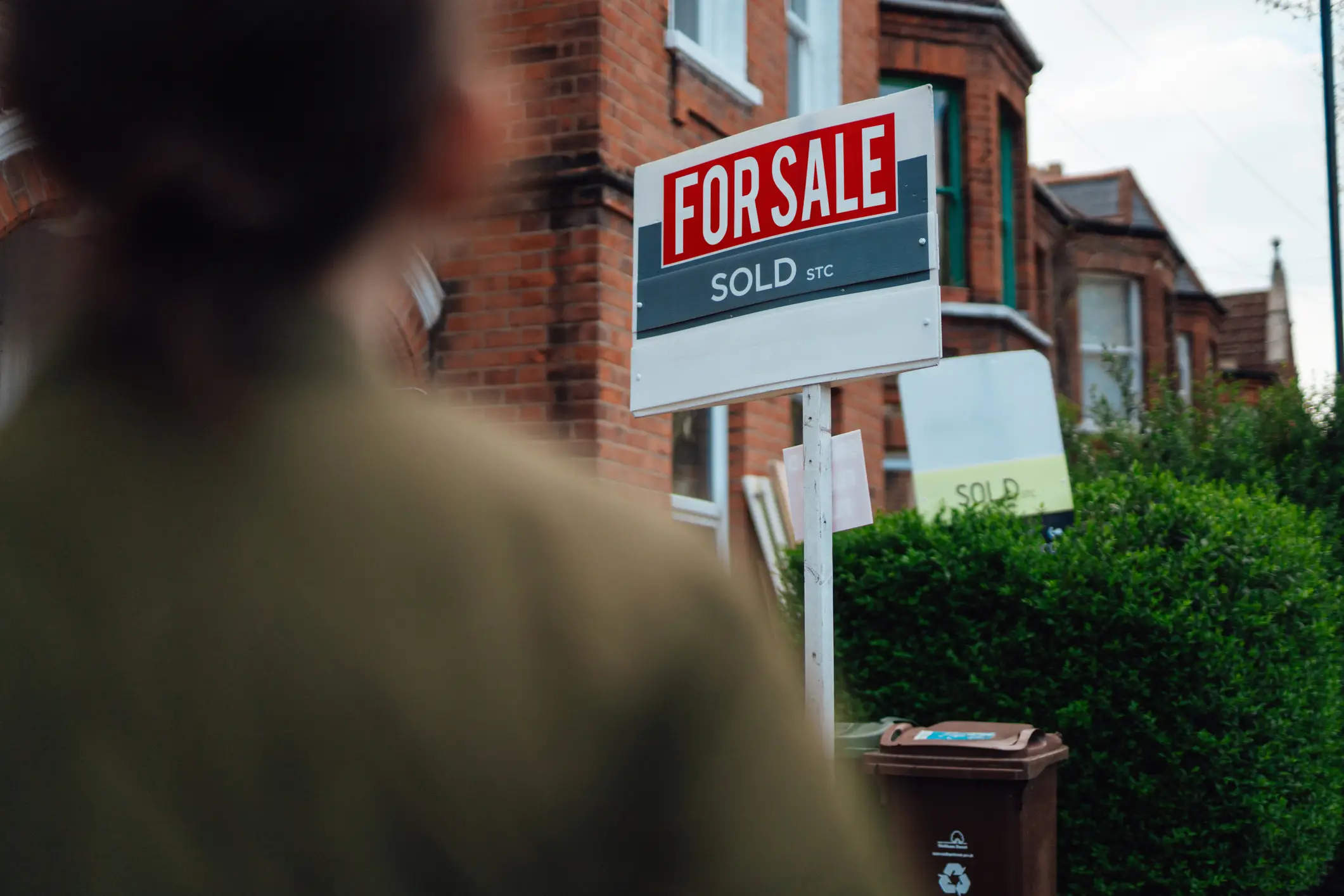
A new 100 percent mortgage deal that might sound too good to be true and doesn’t require a deposit is finally launching in the UK tomorrow.
Deposit-free mortgage schemes used to be pretty common, but that all came to a halt following the 2008 financial crisis. Now, people looking to become a homeowner will be able to apply for the new mortgage which is one of the first of its kind since the big global recession 17 years ago.
It comes courtesy of April Mortgages, which is offering a loan deal set to launch in the UK tomorrow, and the Dutch firm is promising to fix its rate for a decade.
The firm hopes this will avoid negative equity, reports The Times.
Advert
Here's everything you need to know about the new mortgage, how it works, who is eligible and the pros and cons of opting for it.

What exactly is a 100 percent mortgage and how does it work?
A 100 percent mortgage is exactly what it sounds like - where you borrow the full purchase price of a property without a deposit.
The rate starts at 5.99 percent, and will last for 10 or 15 years.
Typically, buyers will have to put down a five to 20 percent deposit, but with a 100 percent mortgage, the lender is able to finance the whole amount.

Who will be eligible for the 100 percent mortgage?
Previously, to qualify for a 100 percent mortgage, your parents had to put money into a savings account as collateral, or first-time buyers had to show a history of paying rent to be eligible.
However, April Mortgages, a UK-based subsidiary of the Dutch asset manager DMFCO, said there were no restrictions on who could apply, but a household income of at least £24,000 is required.
Pros of the 100 percent mortgage
Nick Mendes, from John Charcol, is an advocate for 100 percent mortgages.
He told the outlet that it 'offers a much-needed alternative for financially responsible renters who have consistently managed their payments but have been locked out of the housing market'.

Cons of the 100 percent mortgage
However, a broker from Fairer Finance has issued a warning for people he believes may be at risk of becoming 'trapped'.
“I understand people are impatient to get on the property ladder and rising prices have kept it out of reach for many,” James Daley said.
“But I am not convinced that the answer is to lend even more money to people and to waive the need for a deposit.
“People who have no equity have fewer choices and are much more vulnerable to falling into negative equity and finding themselves trapped.”
Daley said for it to work, 'we need to deal with the fundamentals in the housing market' to be in place.
He suggests that more houses need to be built and that lending people 'more and more money just builds more risk into our economy'.
"It feels like we are already forgetting the lessons from the financial crisis," he added.